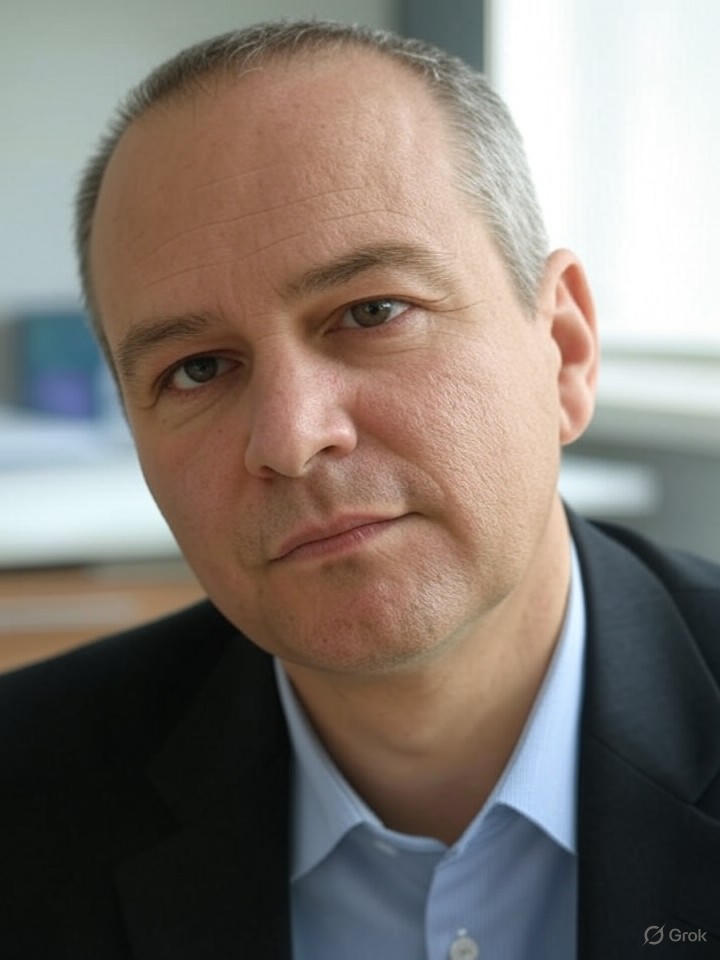Health
LSD Trial Shows Promise in Reducing Anxiety for 12 Weeks

In a significant advancement for mental health treatment, a midstage clinical trial has shown that lysergic acid diethylamide (LSD) can effectively reduce symptoms of generalized anxiety disorder. Conducted by Mind Medicine Inc., the study involved 194 participants who received a single dose of LSD, ranging from 25 to 200 micrograms. Results published in a reputable medical journal reveal that those taking the optimal 100-microgram dose experienced a 21-point decrease in anxiety scores, compared to a 14-point drop in the placebo group. Notably, these benefits lasted for up to 12 weeks.
The findings represent a pivotal shift in psychedelic research, marking a resurgence for a substance that has faced stigma since its prohibition in the 1960s. Mind Medicine’s trial, as detailed in various reports, underscores LSD’s potential to provide rapid and sustained relief from anxiety—a critical need given that nearly half of anxiety patients do not respond to conventional treatments such as antidepressants.
Reviving Psychedelics in Modern Medicine
The trial builds on LSD’s historical roots in psychiatric medicine, which were overshadowed by cultural backlash. The study revealed that 65% of participants receiving the 100-microgram dosage achieved a clinically meaningful response, with almost half entering remission. Side effects were predominantly mild, including hallucinations and nausea during the supervised session, with no serious adverse events reported.
In a promising development, the Food and Drug Administration (FDA) granted breakthrough therapy designation to Mind Medicine’s LSD formulation in 2024. This designation accelerates the approval process, reflecting the agency’s recognition of LSD’s potential to address a condition that affects millions, especially since no new drugs for anxiety have been approved since 2007.
Shifting Political Landscape on Psychedelics
The renewed interest in psychedelics aligns with changing political attitudes. Robert F. Kennedy Jr., the U.S. Health Secretary, has expressed support for exploring psychedelics for mental health treatment, following setbacks for other psychedelics like MDMA for post-traumatic stress disorder. His stance, echoed by Trump’s surgeon general pick who has praised unproven psychedelic therapies, reflects a broader movement to incorporate alternative treatments amid escalating mental health crises.
Industry insiders suggest that this political shift could expedite the ongoing phase 3 trials in both the United States and Europe, potentially leading to LSD’s first medical approval in over fifty years.
Despite this progress, challenges remain. Critics highlight the subjective nature of psychedelic experiences, which complicates the blinding process in clinical trials and necessitates specialized therapeutic settings. Mind Medicine aims to address these issues in larger studies, with results expected by 2026. Furthermore, the focus on generalized anxiety disorder positions LSD as a potential disruptor in a market currently dominated by conventional pharmaceuticals, such as selective serotonin reuptake inhibitors (SSRIs).
The increasing trend of self-experimentation with psychedelics, as noted in related coverage on microdosing, suggests a rising public interest. However, regulated approval could establish standardized access and safety protocols.
As research progresses, LSD’s trajectory indicates significant investment opportunities for biotech firms, with Mind Medicine’s stock experiencing a surge following the announcement of the trial results. Analysts speculate that successful phase 3 trials could transform treatment paradigms, reducing dependence on daily medication and providing hope for the estimated 26 million Americans struggling with anxiety disorders.
The path towards widespread adoption will require navigating regulatory scrutiny and shifting public perceptions. Historical studies, like the 2019 phase 1 trial by Eleusis on LSD for Alzheimer’s, have laid important groundwork, yet scaling psychedelic therapy necessitates infrastructure for supervised administration.
As the landscape evolves, LSD’s story embodies a broader reevaluation of once-taboo substances. With governmental officials increasingly supporting psychedelics and the FDA exhibiting cautious optimism, the field is poised for significant growth. Success in this area could open doors for other compounds, such as psilocybin, fundamentally changing how society approaches mental health through innovative, mind-altering therapies.
-

 Technology5 months ago
Technology5 months agoDiscover the Top 10 Calorie Counting Apps of 2025
-

 Health3 months ago
Health3 months agoBella Hadid Shares Health Update After Treatment for Lyme Disease
-

 Health3 months ago
Health3 months agoErin Bates Shares Recovery Update Following Sepsis Complications
-

 Technology4 months ago
Technology4 months agoDiscover How to Reverse Image Search Using ChatGPT Effortlessly
-

 Technology1 month ago
Technology1 month agoDiscover 2025’s Top GPUs for Exceptional 4K Gaming Performance
-

 Technology3 months ago
Technology3 months agoElectric Moto Influencer Surronster Arrested in Tijuana
-

 Technology5 months ago
Technology5 months agoMeta Initiates $60B AI Data Center Expansion, Starting in Ohio
-

 Technology5 months ago
Technology5 months agoRecovering a Suspended TikTok Account: A Step-by-Step Guide
-

 Health4 months ago
Health4 months agoTested: Rab Firewall Mountain Jacket Survives Harsh Conditions
-

 Lifestyle5 months ago
Lifestyle5 months agoBelton Family Reunites After Daughter Survives Hill Country Floods
-

 Technology4 months ago
Technology4 months agoHarmonic Launches AI Chatbot App to Transform Mathematical Reasoning
-

 Health3 months ago
Health3 months agoAnalysts Project Stronger Growth for Apple’s iPhone 17 Lineup











